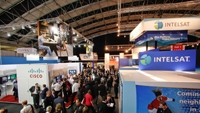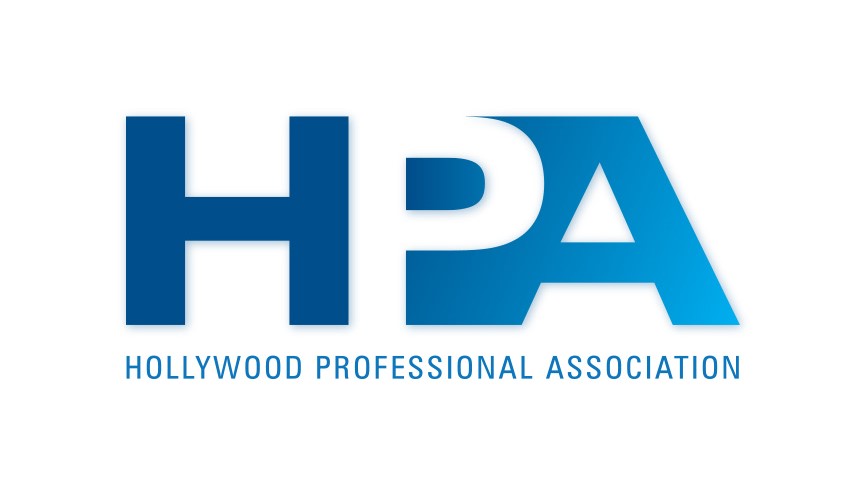IBC reflects an industry in slow recovery

This year’s IBC convention reflected the tough times being felt overseas by broadcasters that have begun the migration to HD infrastructures but are lagging in end-to-end production tools. Though few came with checkbooks in hand, and fewer came (especially from the United States) overall due to the cost of travel and lodging in Amsterdam, key discussions abounded for new HD cameras to production switchers, to routers, servers and everything in between.
Cost-effectiveness, that is, getting more out of existing resources, was the key buzzword this year, although delivering content to multiple platforms simultaneously was on every broadcaster’s mind. This included mobile video delivery across Europe, where mobile services are more prevalent than they are in the United States.
The official attendance figure was down about 7 percent from 2008, according to the IBC, (at 45,547, including vendor personnel), but traffic was significant in many of the exhibit stands on the RAI Centre show floor.
Most among the roughly 1300 vendors exhibiting at the show (which was also down by nearly a third from last year’s 1451 exhibitors, according to IBC COO Michael Crimp) were pleased with the resulting traffic, and reported that budgets from government-run organizations have begun to loosen up, and purchase orders were taken on the show floor.
“IBC was a very strong show for Harris this year” said Brian Cabeceiras, vice president of strategic marketing and technology. “With Harris’ investment in senior personnel in countries like Germany, Italy, France, Russia, Eastern Europe and in Africa, we were quite pleased with the ‘C-level’ meetings we had on our stand with EMEA’s largest companies. The general booth traffic at the Harris stand was actually stronger than it was last year.”
He also said that North American attendance was down dramatically compared with previous IBC shows, but this was offset by a strong increase in key media companies from across the EMEA region.
Peter Jones, general manager, FOR-A UK, agreed that IBC 20009 was “a good show. We seem have seen the same number of serious visitors as in previous years and expect to see good business resulting from our participation at IBC 2009.”
The professional video industry's #1 source for news, trends and product and tech information. Sign up below.
Even international attendees appeared pleased with the turnout of vendors, albeit minus Snell, Sony and Vizrt on the floor. Avid and Panasonic, both no-shows in 2008, were back on the floor this year and received enthusiastic attendee receptions.
“IBC is the most important show for me,” said Dieter Engel, senior vice president, Deutsche Telekom, the largest telecommunications company in Europe, “more important than CES or NAB. This year it has been even more relevant than last year. All the vendors who are important to me are here.”
